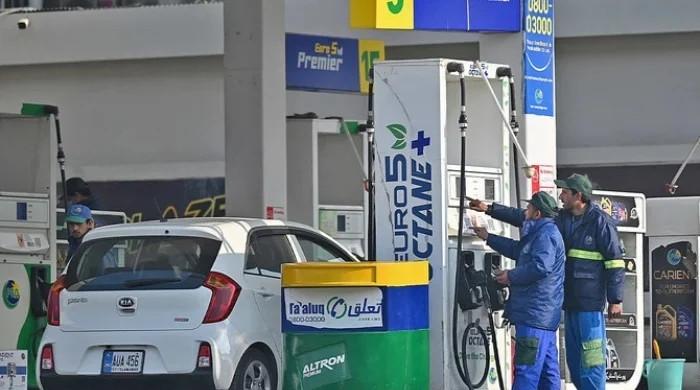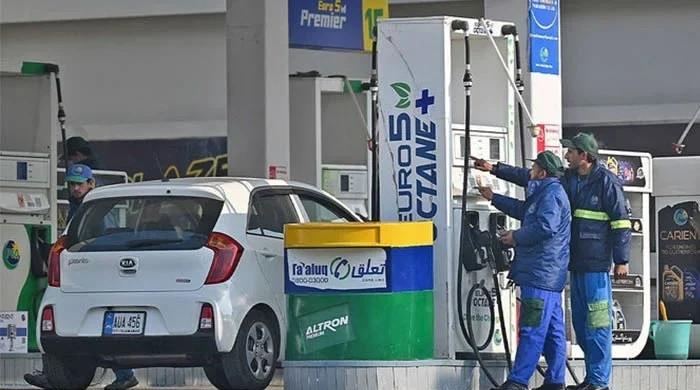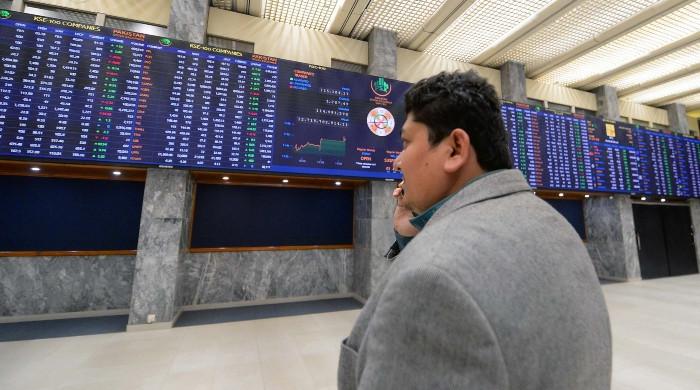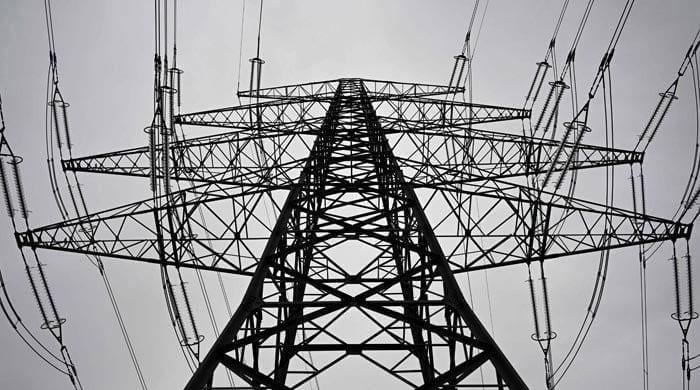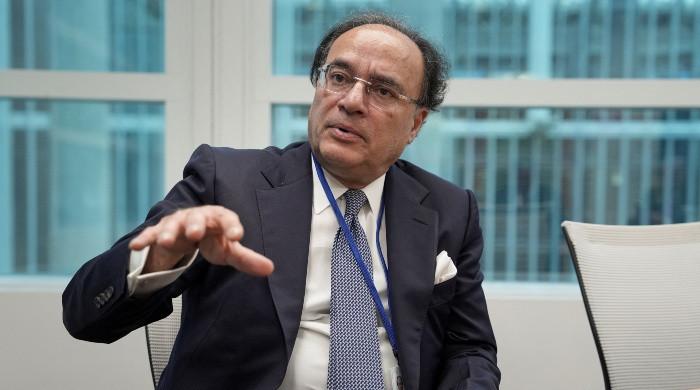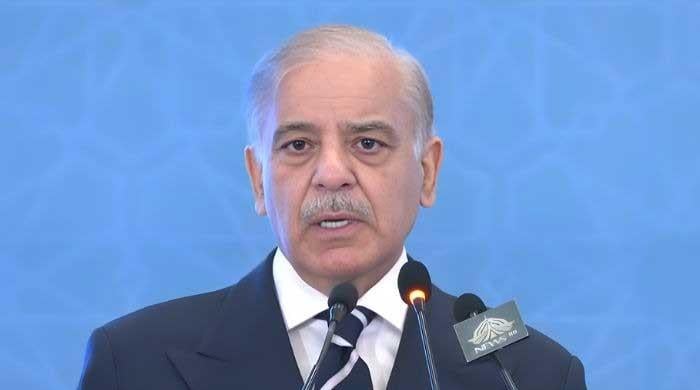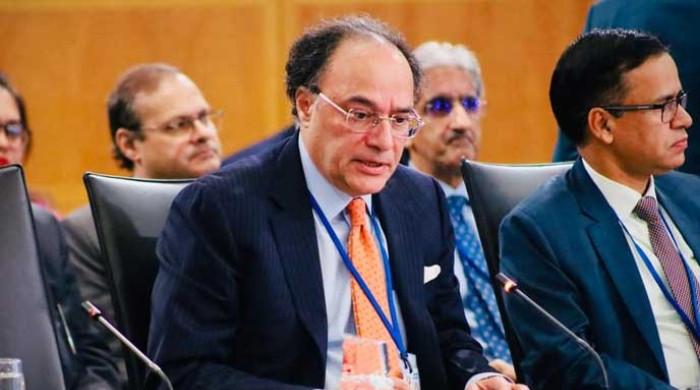APTMA warns textile exports may slump below $1bn/month from Jan 2023
Textile owners say dollar shortage has increased their cost by 20% due to delays, loss, and failures to book orders
December 24, 2022
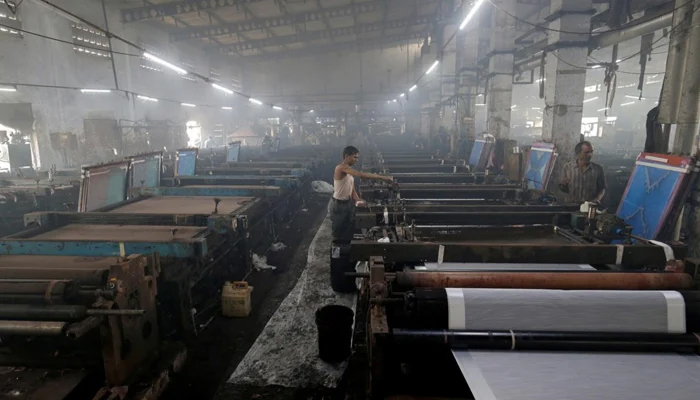
- Textile millers paint bleak picture of exports.
- APTMA asks sales tax collection on domestic sales at point of sale
- Industry working at 50% of its capacity, letter reads
KARACHI: The All-Pakistan Textile Mills Association (APTMA) has warned the government that the country’s textile exports could fall below $1 billion a month from 2023 onwards and sought their help to save the sector from destruction.
In a letter to Prime Minister Shehbaz Sharif Friday, the APTMA said, “the textile industry using less than 50% of its capacity. If corrective action is not done quickly, many jobs have already been lost, and many more will do so.”
The association, attributing the problems to supply chain disruptions due to floods, said they destroyed the cotton crop. They added that only 5 million bales were produced this year, whereas the industry requires 14 million bales, adding that the forex issues have shrunk cotton imports and other vital intakes necessary for exports.
The letter added that the dollar shortage had also increased the cost by 20% due to delays, loss, and failures to book orders owing to the uncertain and delayed turnaround time for export orders.
The currency depreciated 60% within the last year with no corresponding increase in working capital facilities, the APTMA letter noted. The millers stated that a much higher quantum of funds was stuck with the work in progress due to a 17% sales tax and devaluation of all inputs.
APTMA urged the government to restore SRO 1125, zero-rating for the textile value chain, and collect sales tax on domestic sales at the point of sale. It demanded an immediate refund of all deferred sales tax, tuff, and other dues and an extension in the duty drawback claims submission date for FY21.
APTMA asked, “a new export sector working capital lending facility be established catering to EOU sectors at subsidised rates to tide over the current crisis.”
The association said export-oriented units were under enormous strain as they needed to yield funds to service debt.
“This will lead to massive defaults, further curtailment of capacity, and a possible banking crisis.”
APTMA further demanded a moratorium on capital repayment from July 1, 2022, to June 30, 2023, saying the gas/RLNG supplied to Punjab was priced at $9 of the average consumption of mills last year.
This formula irrationally excludes the new plants/expansion made during the last two years. Gas/RLNG supply to the Sindh export industry was supplied at $3.75/ MMBTU (Rs840) and a quantity meeting 80% plus requirements.
This was contrary to the commitment that the differential in gas/RLNG pricing within the country would be less than $2 to keep the Punjab industry competitive.
This huge differential means that the Punjab-based industry is paying for gas at $9 and electricity at Rs19.99/kWh, while the bulk of the Sindh industry is generating their electricity at 4 cents/kWh. Given this differential, Punjab-based industries were no longer viable and had no option but to close down, APTMA said.
It sought implementation of the weighted average cost of gas while extending RCET across the country to enable new industrial units, expansions, and Punjab-based industries to compete.
It also asked the government to prioritize the export industry in gas/RLNG supply. “Allow competitive tariffs to all new projects and expansions,” it demanded.




